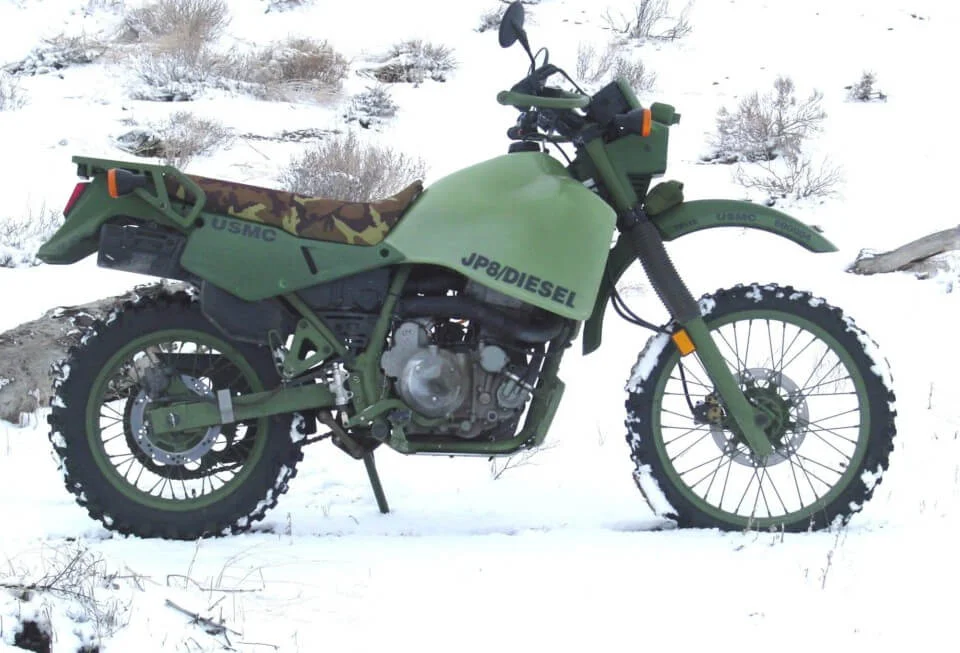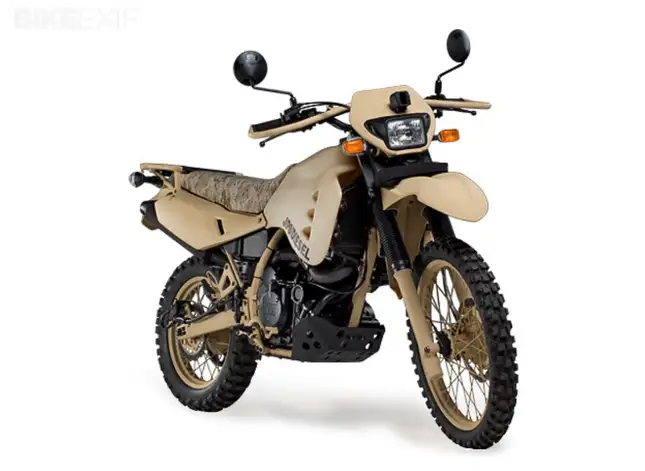Diesel motorcycles, often overshadowed by their gasoline-powered counterparts, occupy a unique and compelling niche within the world of two-wheel transportation. These machines, which harness the robust capabilities of diesel engines, offer riders an alternative that combines power, efficiency, and a distinct character. In this essay, we will delve into the realm of diesel motorcycles, exploring their history, technology, advantages, and the role they play in the evolving landscape of motorcycling.

A Historical Perspective
Diesel-powered motorcycles may seem like a relatively recent innovation, but their roots extend back to the early 20th century. In the early days of motorcycling, experimentation with various engine types was common. Diesel engines, known for their durability and efficiency, were not exempt from these experiments. Early diesel motorcycles appeared in the 1930s, built by pioneering engineers and manufacturers. These bikes, however, were often heavy and lacking in refinement, limiting their widespread adoption.

The Evolution of Diesel Motorcycles
Over the years, diesel motorcycles have undergone significant evolution and refinement. Advances in engineering, materials, and technology have transformed these machines from rugged experiments into viable and functional motorcycles.
Performance Improvements: Early diesel motorcycles were frequently criticized for their limited performance and acceleration. Modern diesel engines, on the other hand, have achieved substantial improvements in power output, torque delivery, and overall rideability. These advancements have made diesel motorcycles competitive in terms of performance.
Efficiency and Fuel Economy: One of the hallmarks of diesel motorcycles is their exceptional fuel efficiency. Diesel engines inherently provide a higher thermal efficiency compared to gasoline engines, resulting in reduced fuel consumption. This efficiency translates into extended riding ranges, making diesel motorcycles practical for long-distance touring.
Emission Control: Diesel engines have faced scrutiny due to their emissions. To address environmental concerns, modern diesel motorcycles are equipped with emission control technologies, such as diesel particulate filters (DPF) and selective catalytic reduction (SCR) systems. These measures help reduce harmful emissions while maintaining engine efficiency.
Noise Reduction: Early diesel motorcycles were often associated with loud and clattering operation. Improved sound insulation and smoother engine designs have made modern diesel motorcycles quieter and more rider-friendly.
The Advantages of Diesel Motorcycles
Diesel motorcycles offer several distinct advantages that set them apart from their gasoline-powered counterparts:
- Torque: Diesel engines are renowned for their substantial low-end torque. This torque delivery provides excellent acceleration and ensures a responsive riding experience, particularly at low RPMs. Diesel motorcycles excel in tasks like overtaking and hill climbing.
- Fuel Efficiency: As mentioned earlier, fuel efficiency is a standout feature of diesel motorcycles. Their ability to extract more energy from each gallon of fuel results in longer riding ranges and fewer stops at the fuel station.
- Durability: Diesel engines are known for their durability and longevity. They are designed to withstand high levels of stress and often have longer service intervals, reducing maintenance costs for riders.
- Availability of Fuel: Diesel fuel is widely available in many parts of the world, making it a practical choice for riders who venture into remote or less-traveled areas.

The Future of Diesel Motorcycles
Looking ahead, the future of diesel motorcycles holds exciting possibilities. Research and development efforts are likely to focus on further optimizing engine performance, reducing emissions, and enhancing rider comfort and convenience. Advancements in materials and manufacturing techniques may also lead to lighter and more agile diesel motorcycles.
In addition to improving traditional diesel motorcycles, the industry may witness the emergence of hybrid models that combine diesel engines with electric powertrains. These hybrid diesel-electric motorcycles could offer the benefits of both worlds—diesel’s torque and efficiency and electric’s environmental friendliness and versatility.
Conclusion
Diesel motorcycles, though often overlooked in favor of their gasoline counterparts, offer a unique blend of power, efficiency, and durability. Their rich history, technological advancements, and distinct advantages make them a compelling choice for riders who value torquey performance, extended riding ranges, and fuel efficiency. As the motorcycle industry continues to evolve and embrace new technologies, diesel motorcycles stand as a testament to innovation and adaptability, reminding us that the world of two-wheel transportation is vast and diverse, with room for a wide range of engines and riding experiences.

